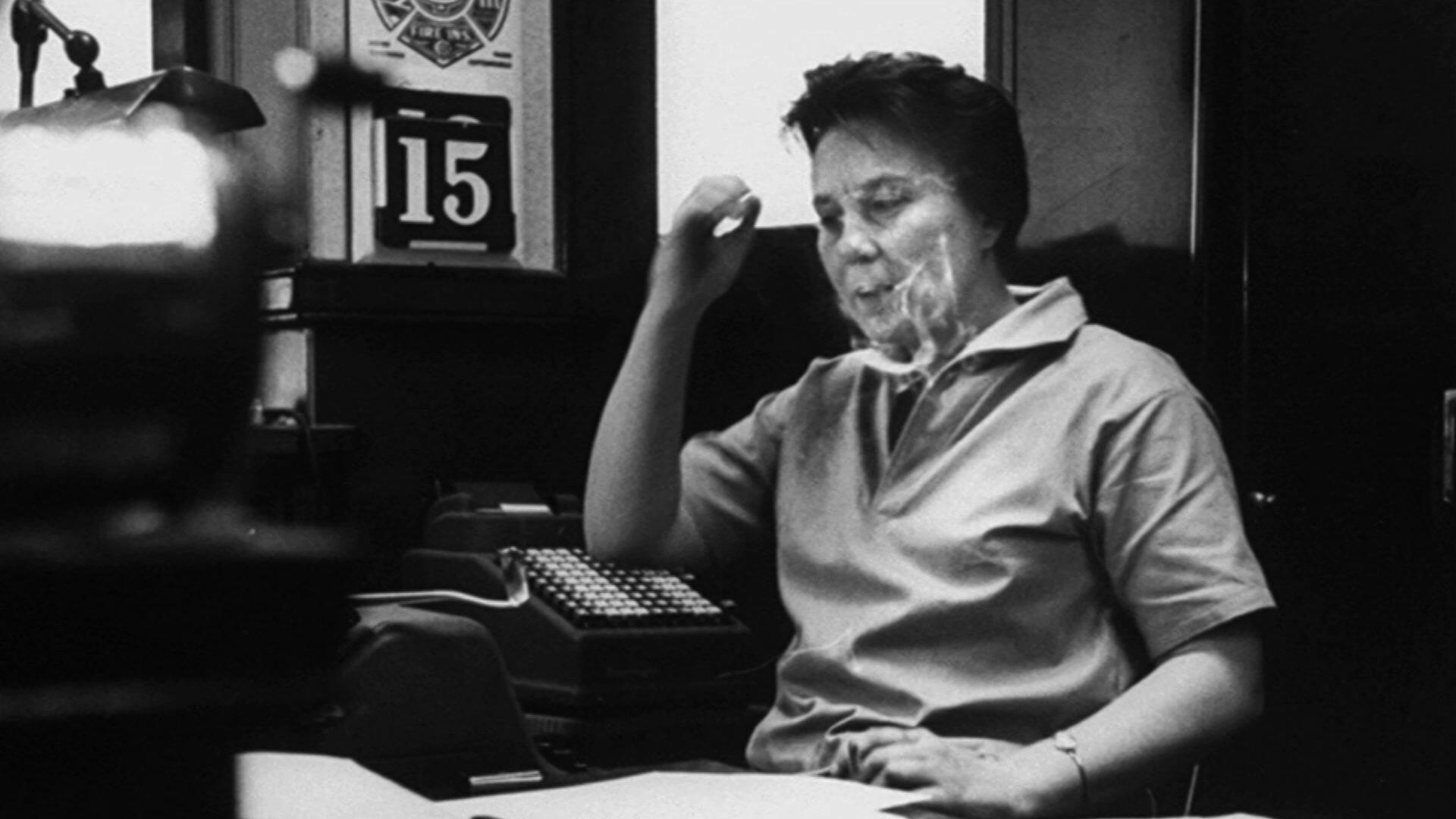-
 @ Gabito
2023-09-07 10:56:16
@ Gabito
2023-09-07 10:56:16Being a writer is delving into a universe where words become the brush with which the canvas of imagination is painted. Famous names like Shakespeare, Jane Austen, and Gabriel García Márquez have illuminated this path with their timeless works. But, is a writer made or born? The answer is a blend of both. While some have an innate talent, writing is an art perfected over time with dedication. A writer's goal goes beyond putting stories on paper; it's about communicating emotions, provoking reflections, and connecting deeply with the reader. Therefore, it's essential to develop good habits as a writer to channel creativity and make an impact on the audience.

What's the Best Part of Being a Writer?
The best part of being a writer lies in the ability to create entire worlds with words and emotions. Writing is a window to imagination, where you can breathe life into unique characters, places, and situations. Furthermore, it offers an unparalleled form of personal expression, allowing you to share your thoughts, dreams, and perspectives with the world.
The most positive aspect is the satisfaction of seeing your ideas transformed into printed words, influencing readers and leaving a lasting impression on their lives. Writing also provides creative freedom and the opportunity to explore various genres and styles. Additionally, it can be a source of self-discovery and personal growth.
Another advantage is the flexibility that writing offers as a career, allowing you to work from anywhere at any time. It can also serve as a form of therapy, helping you process emotions and experiences.
Being a writer is an exciting and enriching journey that allows you to unleash your creativity, share your voice with the world, and experience a unique form of self-realization.
What's the Downside?
The downside of being a writer involves significant challenges. One of the most complex aspects is the self-demand and constant self-critique that often accompanies writing. Writers can be their harshest critics, leading to insecurity and creative blocks.
Additionally, writing can be a solitary profession, resulting in social isolation and a lack of human interaction. Financial uncertainty is another factor, as economic stability is not always guaranteed, especially for novice authors.
Constant rejection by publishers or readers can also be discouraging. The lack of recognition and the difficulty of standing out in a saturated market are additional challenges that writers face.
The negative side of being a writer includes emotional pressures, isolation, financial instability, and the constant confrontation with criticism and rejection.

How to Prevent These Challenges From Affecting You?
To prevent these challenges, which sometimes accompany the profession of a writer, from affecting you significantly, it's crucial to develop a resilient mindset and adopt healthy practices. This includes managing expectations, understanding that excessive self-critique can be counterproductive, and seeking support in writer communities. It's also essential to diversify daily activities to avoid isolation and take care of both physical and mental health. Writing is a unique and enriching journey, and adopting positive strategies can make this journey more rewarding and sustainable in the long run.
Physical and Mental Health Care
The physical and mental health of a writer is a crucial aspect to maintain a sustainable and rewarding creative career. Writing often involves long hours of immersion in stories and characters, which can lead to social isolation and physical strain. To stay in top shape, writers should pay attention to ergonomics, take regular breaks, and maintain a balanced diet. Furthermore, mental health is equally important. Stress management, seeking emotional support, and setting boundaries are essential practices to maintain a positive balance between the passion for writing and personal well-being.
Optimizing Your Day
Optimizing your day is crucial for a writer because it can make the difference between productivity and creative stagnation. A writer needs to make the most of every moment to dedicate time to writing, revising, and planning. A well-structured routine provides a framework that helps prevent procrastination and ensures that words flow consistently. Additionally, optimizing your day also includes efficient time management for research, editing, and promoting your work. Maintaining a balance between writing and other essential activities, such as exercise and rest, is fundamental to sustaining creativity and energy over time. In summary, optimizing your day is the foundation for a writer to achieve goals and maximize creative potential.
"The craft of a writer is like weaving an infinite tapestry of words, where each row is a story, a world, a life. It's an act of love and obsession, an endless quest for truth and beauty in the labyrinth of imagination."
Ultimately, the profession of a writer, despite its challenges, is an endless source of gratification. While it may involve moments of difficulty and self-critique, the passion for writing and the potential to touch readers' hearts with authentic stories make every effort worthwhile. Sometimes, instead of suffering in the pursuit of perfection, it's essential to remember that writing flows best when done from the heart, when you share your experiences and emotions with the world. It's in these moments that the true magic of being a writer unfolds, reminding us that, ultimately, it's the love for words that guides us on this exciting creative journey.